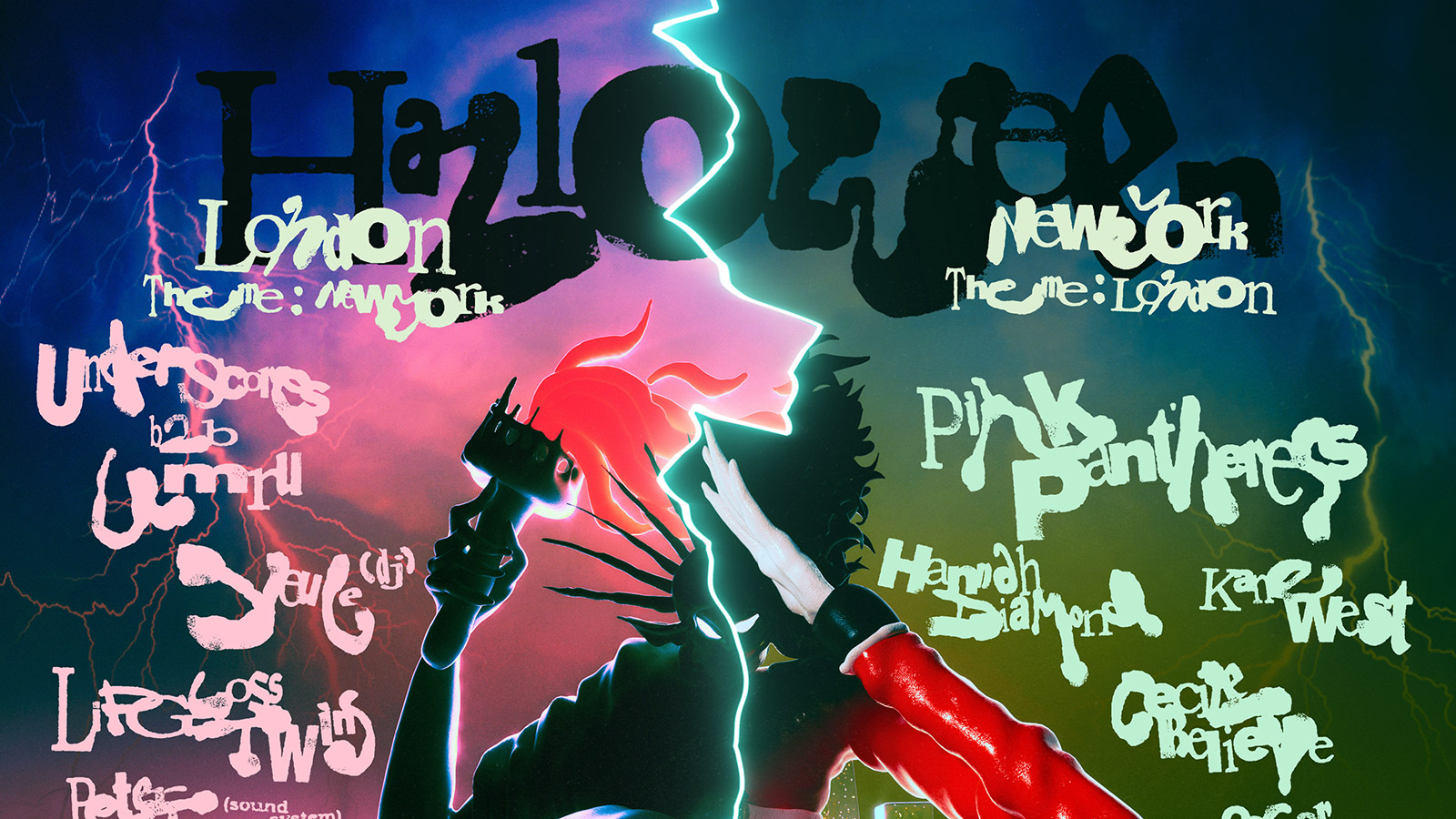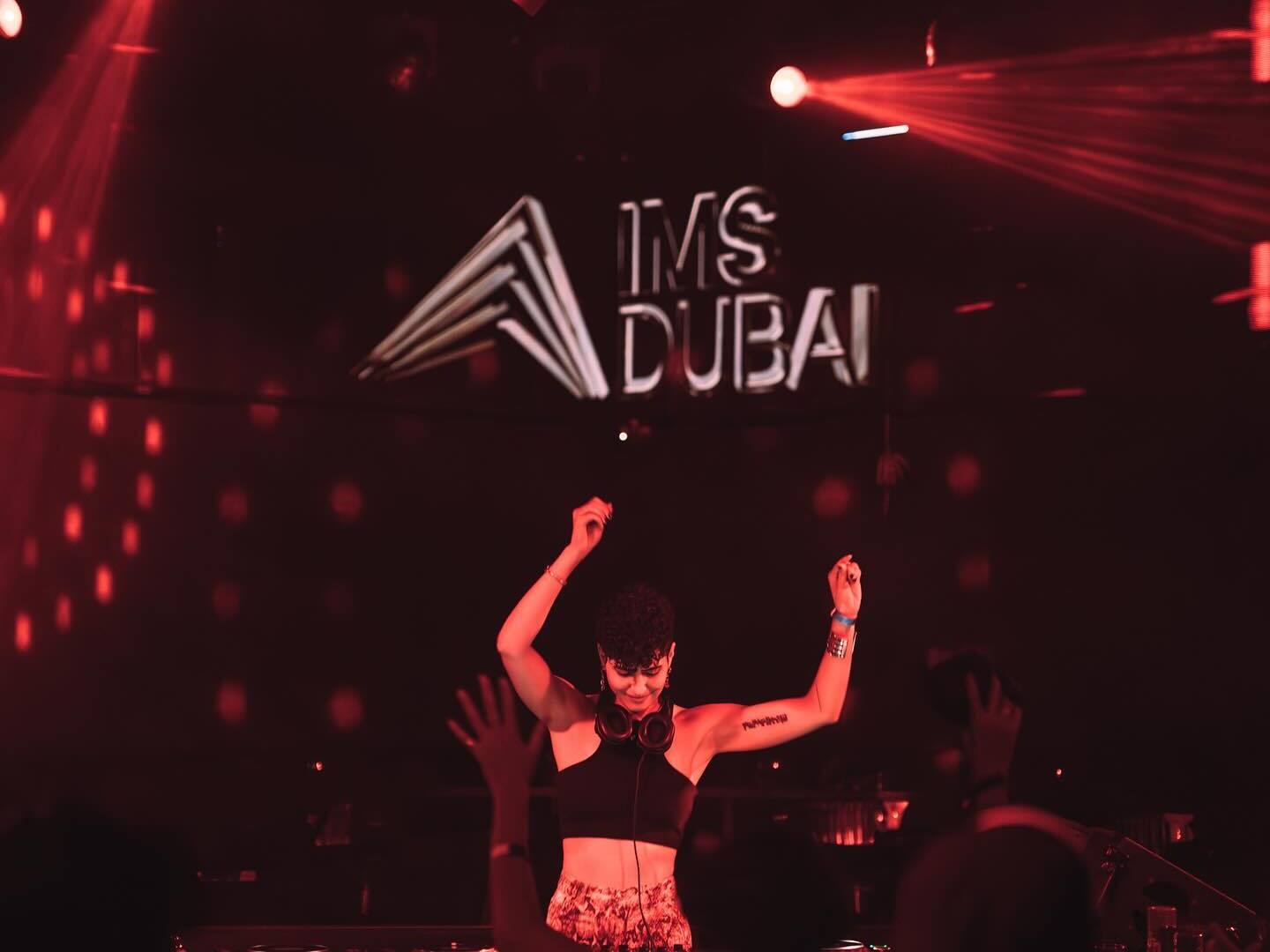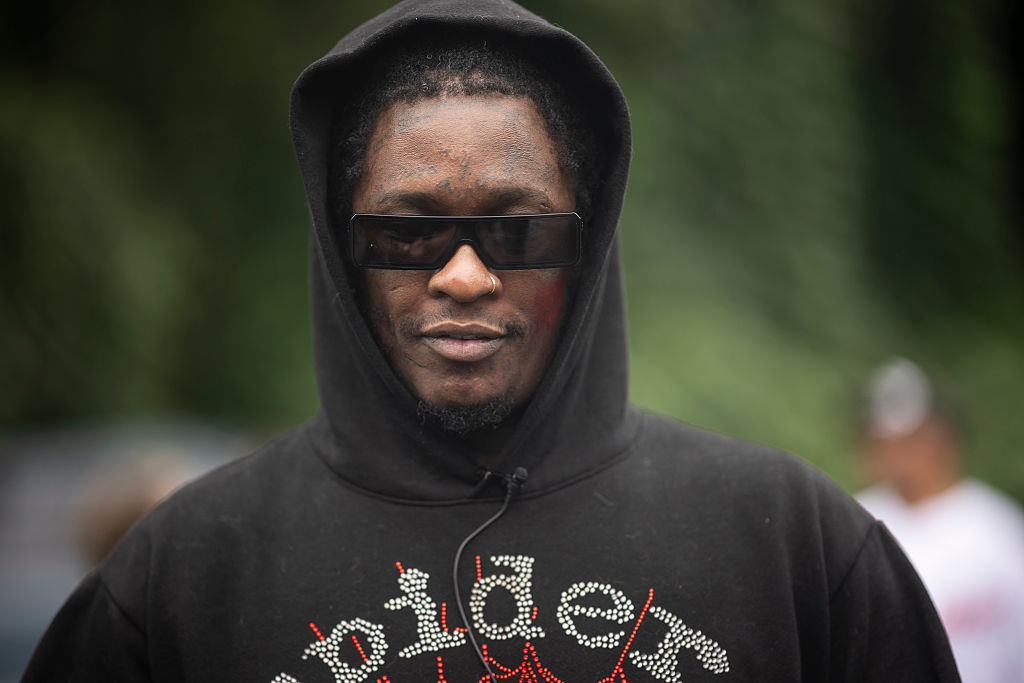"The conscious person never says that they're conscious," Wyclef Jean reflects, his voice carrying the weight of three decades in music. "There's something in the music that makes you want to check yourself.”
Thirty years before the music industry embraced "genre-bending" as a buzzword, Wyclef Jean was already defying categorisation. The Haitian-American artist, producer, and composer has spent his career moving seamlessly between hip-hop and country, reggae and rock, classical orchestration and trap beats — not as a tourist sampling sounds, but as a student deeply studying each tradition.
"I could have never been put in a box," Jean says, speaking from his home ahead of his first London show in 15 years. "I was doing records with Kenny Rogers and Pharoahe Monch, and people thought I had three heads. I was with Bono on YouTube before people figured it out. I produced Tom Jones’ whole album, worked with Mick Jagger, Sinéad O'Connor, Gloria Estefan, Michael Jackson, Young Thug and Lil Wayne. It goes on and on.”
Jean’s eclecticism was born from circumstance and curiosity. Leaving Haiti at seven and landing in Brooklyn's Marlboro Projects, he found himself absorbing the sounds around him while maintaining a militant-activist position that ultimately defined his approach to music. Under the mentorship of Quincy Jones, he learned that "records have to be bigger than you," a philosophy that would drive him to create some of the most sampled music in the world.
"Quincy taught me the institution," Jean explains. "He was conducting Frank Sinatra's orchestra with sheet music, so in my early days, when a music teacher discovered me, I learned how to read sheet music. One of my early shows was literally being the first rapper to play Carnegie Hall with a full harmonic orchestra, writing the sheet music myself.”
That foundation has allowed Jean to engage with a variety of genres not as an outsider looking in, but as someone who could speak the language fluently. Whether it was dabbling in country music by partaking in a tribute to Johnny Cash, or composing orchestral arrangements, Jean's work consistently crossed generational and cultural boundaries because, as he puts it, "when we hear something, we can just feel it.”

Jean’s Nine Songs selections span decades and genres, but they're united by a common thread: they're timeless pieces that speak to universal human experiences while maintaining their specific cultural contexts. From Bob Marley's "Redemption Song" to Pink Floyd's "Another Brick in the Wall, Pt. Two”, each song has taught him something about using music to transcend boundaries and speak truth to power.
"I don't really know what ‘favourite genre’ means," Jean reflects. "Once you do that, you're separating music. Whether it's Bach, Prince or Stormzy, the commonality is that when we hear something, we can just feel it. You might take an opera song and flip it with hip-hop. Creativity is endless.”
On 24th August, coinciding with Notting Hill Carnival weekend, Jean will bring this philosophy to London's KOKO for a one-night-only show he's calling "Karnivalé: One night only” - a celebration of 30 years of music that promises to be both "revival and discovery.” The performance will showcase Jean's journey from the tiny room in Coney Island where "Ready or Not" was born, to his current status as "one of the greatest composers of all time.”
"I'm a curator of talent and discovery," Jean tells me. "That's what excites me the most. To be able to take an entire generation - past, present, and future - and take them on that journey, I just hope it inspires everybody in the room for whatever their next journey is about to be.”
At 54, Jean remains "forever a student”, absorbing new influences while maintaining the same core message he's carried since his early days of listening to protest songs in high school. "I give credit to a good book, a good song or a lyric. When you hear it, it changes your thinking.”

 3 weeks ago
10
3 weeks ago
10


















 English (US) ·
English (US) ·